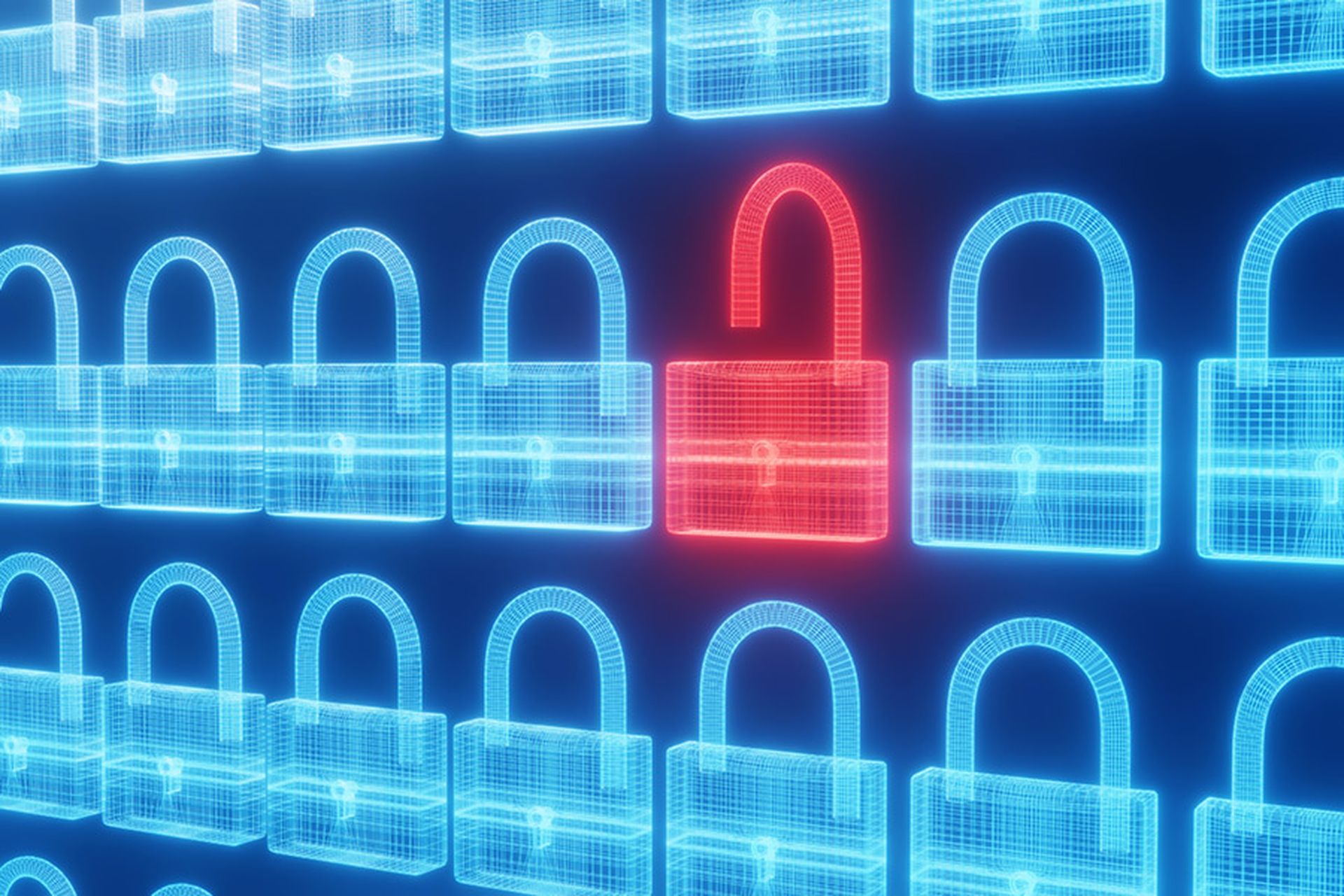McCarthy was referring to the way in which news sites at the time were unable to cope with the enormous volumes of traffic resulting from a world desperate for more information on the tragedy. No doubt that was the case, but it's not the way I remember it, because I didn't get to hear of it initially from news sites or from television. I was actually sitting in my office in the UK reading email via a network of AV administrators and the like: while that network was intended to facilitate communications in the event of the sort of high-volume malware storm that was common at that time, it gave us access to information from more-than-usually-reliable security contacts in the United States. Including, as it happened, people who were pretty much on the spot in New York and Washington, D.C. So while it can certainly be seen as a “failure of communication” in terms of the partial handover from established TV to established internet media (though I'm sure such media have vastly improved their own resilience in the intervening decade), it also indicated the potential of more informal networks and channels for the dissemination of news.
I'm in the process of reading John Simpson's Unreliable Sources, in which he refers to “the day of the blogger” as one of the “depressing elements in twentieth-century journalism,” and I can see (as a professional blogger) how a professional journalist might be depressed by the way that dissemination of news has passed into the hands of anyone with access to the internet. At the same time, there's something positive about the way a major media event can no longer be reliably controlled by governments and press barons. The less-cheering aspect is that scams, spams and sheer myth, like the spurious NBC tweets, can spread at speeds that render the still-persistent Angel of Mons myth quite tame by comparison (though the internet itself has contributed significantly to the longevity of myths that pre-date it).
It almost seems as if the flurry of now-almost-traditional exploitation of a tragic anniversary has, with a few exceptions, received little attention in the coverage of the anniversary itself. And that's probably how it should be: The attack on the Twin Towers is one of the defining events of the early 21st century, but blackhat opportunism is just one of the regrettable but persistent facts of online life.



